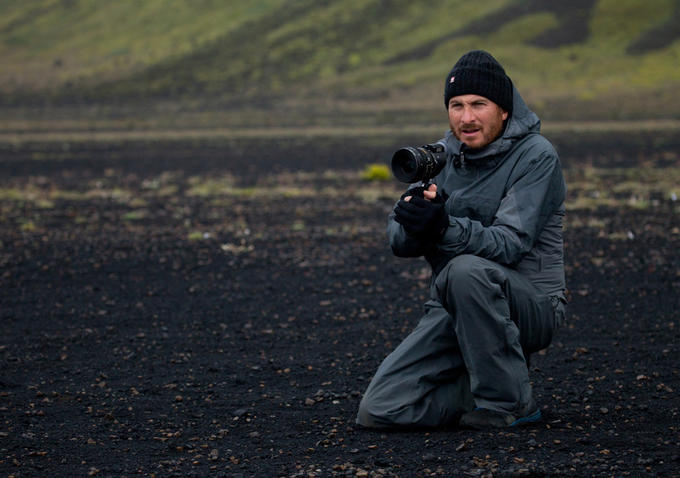The Wednesday Web Link is our weekly feature on an article from the whole internets that is not only movie related, but a movie related article that makes you think deeper about the movies and TV you are watching. If you have an awesome article to share that plumbs the depths of movies, TV shows, and the stories we watch, let us know on Twitter at @reelworldtheo or like the Reel World Theology Facebook page or email Josh at J.A.Crabb22@gmail.com and the article could end up here!
WEDNESDAY WEB LINK – INDIEWIRE INTERVIEW WITH DARREN ARONOFSKY
Coming off the success of this spring’s most controversial film, Noah, Darren Aronofsky sat down with Indiewire for an interview on him receiving the honorary 2014 Maverick Award at the Woodstock Film Festival in Woodstock, NY. If you want to know Reel World theology’s opinion on the movie, there is our previous podcast featuring Fizz, Elijah Lovejoy, and Thomas McKenzie discussing the movie. Also, Fizz was a guest on the Storymen podcast discussing the movie with Rabbi Elihu Fink, which I thought was an engrossing discussion about the movie and the significance of the Flood narrative.
This was a really enjoyable article with some cool insights from Aronofsky on the what he has been learning since making Noah, being an independent filmmaker, and some really cool thoughts he shares on distribution of movies, VOD, and what he would do differently if he was a young filmmaker right now. What was especially interesting is some comments that he had on the biblical narrative of Noah and making movies about and based on the Bible.
“A big goal for me was to take this Bible story, which really belongs — it’s one of humanity’s oldest stories and it belongs to not just the three main religions that subscribe to it but it belongs to everyone on the planet because it’s one of the great antiquities, one of the great treasures, one of the great literary works, like “Ulysses,” like “The Odyssey.” So taking that kind of source material and translating it to the big screen for the first time was to hopefully present it in a way that belonged to everyone, not just one group. And I think that suddenly a lot of the groups that had felt they had ownership of it got very disturbed by that. I think that was going to happen because the exercise itself was to say this is a mythology that belongs to everyone and anyone can take these stories and interpret it to make meaning out of their life, out of their experiences, and out of the world like we do with all myths. Sort of like you take the story of Icarus and apply it to “don’t have too much hubris.” There are great messages in these ancient myths that can apply to us and the reason we’ve been telling these stories over and over again is because they’re so rich with ideas that can apply to us.”
I (Josh) generally agree with what Aronofsky says. He had to be sensitive and open to the story of the Flood being a story for more than just Christians, which it is a significant story for Jewish people as well as Muslims. However, I did have a recent podcast from MovieByte in my head while I read this. Joe Darnell, co-host of the show and filling in for TJ who was out sick, talked to Michael Minkoff, president of the Nehemiah Foundation for Cultural Renewal, about this very topic. I would suggest listening to their conversation as it is fascinating and informative and Michael is passionate about the church, Bible stories, and supporting artists and art.
Reel World Theology is big on allowing good stories to be told and good art to be made, so I am wondering what you, fine reader, think about what Aronofsky had to say and if you agree or disagree with his take on biblical narratives and how they are interpreted. Keep the conversation going in the comments, on Facebook, or on Twitter.


